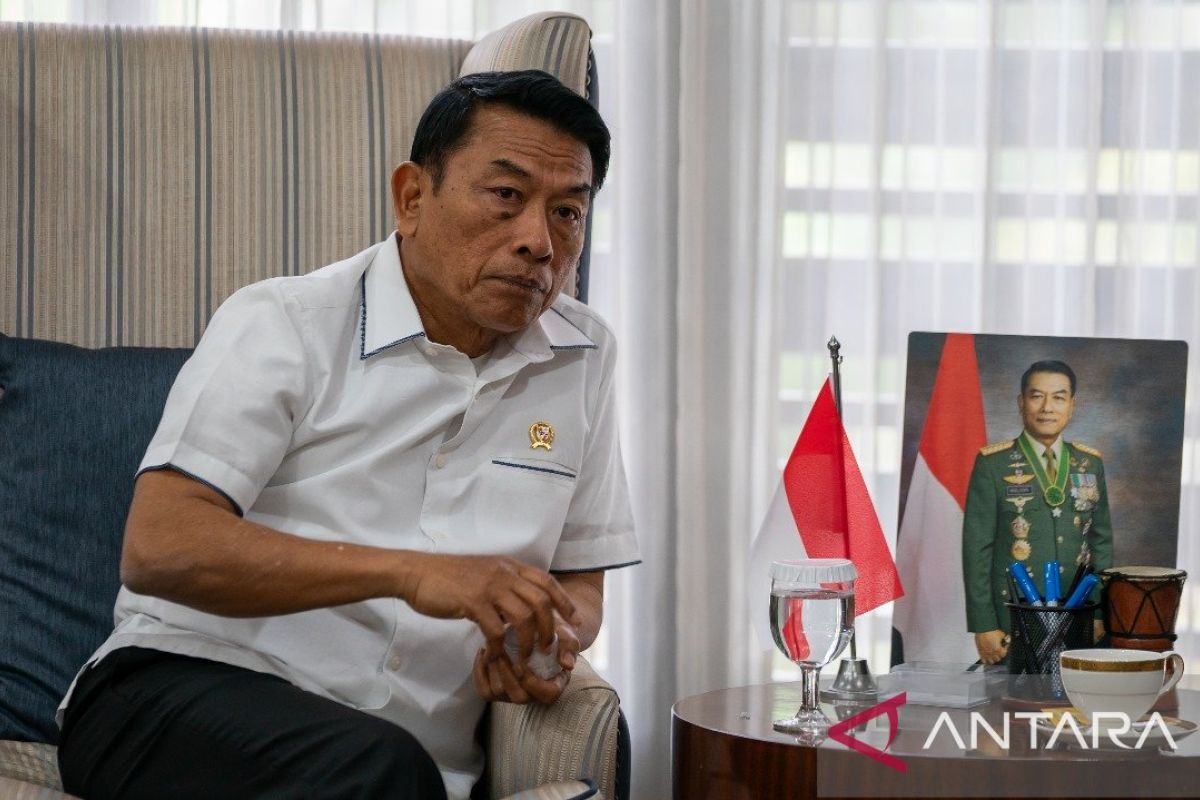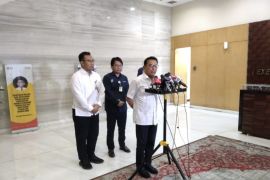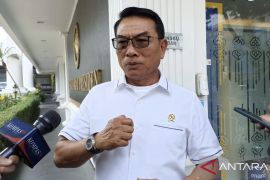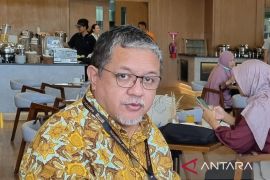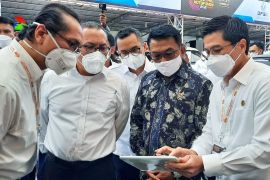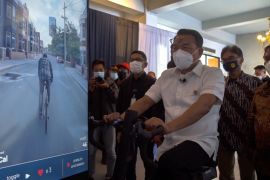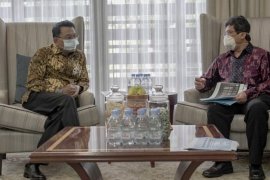"If the weather is not favorable, salt production will decline. We need to seek a solution to this problem," he noted in a press release issued by the KSP here on Monday.
So far, Indonesia is still importing salt from other countries. In 2022, Statistics Indonesia (BPS) recorded that the country had imported 2.75 million tons of salt, valued at US$124.4 million.
The import is conducted to cover the shortfall in domestic salt production that only reaches 1.2 million tons per year. Meanwhile, the demand for salt reaches 4.5 million tons per year.
Moeldoko acknowledged that high costs would be incurred for using modern technology in Indonesia's salt production. To this end, the government is encouraging investment in the salt sector, to increase national production.
This is also a mandate of Presidential Regulation Number 126 of 2022 on the National Salt Development Acceleration.
He noted that currently, several companies from other countries are interested in investing in the salt sector while adding that they are ready to collaborate with the community and integrate their production with community-owned salt production areas.
"I emphasized to them that later, not only carrying out production here, (they should) empower community-owned salt production areas and transfer knowledge or the technology," he remarked.
Earlier, on Friday (December 8), Moeldoko received a visit from the leadership of Salt & Hemp, a South Korean company engaged in industrial salt production.
The company, based in South Gyeongsang, expressed its interest in investing in Indonesia's salt sector.
On that occasion, the Salt & Hemp leadership shed light on the production of salt using nanofiltration technology that involved siphoning seawater through a pump.
The seawater is then passed through a nanofiltration membrane having small pores.
Chairman of Salt & Hemp Kim Yong Deok explained that the nanofiltration membrane will only allow salt to pass through while water and other impurities are retained.
Kim claimed that with the application of the technology, his company could produce 5.5 tons of salt per day, with a production time of one hour and an area of 1,650 square meters.
"This is one of the solutions to answer our salt need (issue), and it is not affected by weather," Moeldoko stated at Friday's meeting.
Related news: Minister seeks salt manufacturing improvement to cut imports
Related news: KSP oversees restoration of Cirebon mangrove, roadway for salt farmers
Translator: Rangga Pandu, Raka Adji
Editor: Arie Novarina
Copyright © ANTARA 2023
